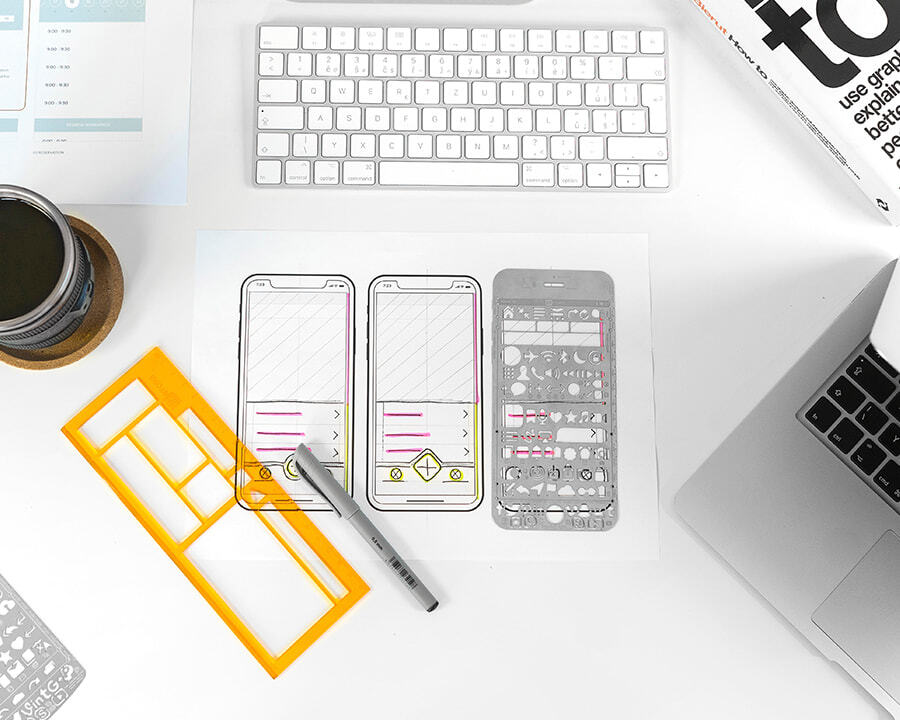By: Evgeniya Vi.
5 JUL 2017
1154
Since their announcement in September 2016, Apple has been actively engaged in cleaning up stuffy and problematic applications from their App Store. In that time, more than 50,000 of these applications were removed from the App Store.
In 2017 the company intends to continue to deal with cleaning out any garbage. Especially now, when Apple is seriously working on improving its App Store for iOS 11, it is waiting for a redesign and the emergence of daily novelties.
In the TechCrunch report, there are details on how Apple’s work is going in this direction and what exactly the company intends to remove. The issue concerns rule 4.2.6 of the App Store Guidelines, which states that “Apps created from a commercialized template or app generation service will be rejected,” and the company intends to pay closer attention to clones and spam applications, such as the following:
-
Clones, copies, and apps that were built from 1-click templates and that simply copy popular products and their functions
-
Spam applications created for the purpose of distribution of ads and spam content
-
Scam apps, which are applications that have been created for the purpose of monetary fraud or that siphon pirated content, for example, music-streaming apps
-
Applications that are not 64-bit compatible and that will not be able to function on iOS 11
-
Dead applications that have not been used and updated for years as well as other trash
From the beginning of 2017 to date, more than 58,000 applications have been removed. The main wave reached the China App Store, and over 33% of remote programs are games. On June 15, the company cleared the App Store of 22,000 products that were recognized as clones, copies, or spam applications as well as 32-bit products.
How will this affect the developers?
Apple is searching for the applications that are created by a template or are using specialized no-code platforms. Such applications will be rejected during the moderation phase.
This caused some concern among the developers as well as applications that are created using specialized no-code-needed app creation platforms; products created on PhoneGap, TapJet, etc.; and corporate applications that inevitably copy each other's design and functionality that they will theoretically fall under the cleaning as well.
The company has so far refrained from commenting, but experts in this industry are quite optimistic due to the fact that the company does not want to destroy tools for creating template applications without code. That is, an application created using a template but having original functions and/or design has the right to exist.
In addition, experts have hinted to the developers that it is worth paying special attention to the accounts for each product. The best option is a separate account with its own support for each one.
Thus, what in theory sounds like the end of the world for developers, in fact, is a fairly tough statement by the company about the fight against clones and products that violate the law.
 Services
Services
 Work
Work
 Company
Company
 Blog
Blog
 Contact
Contact


